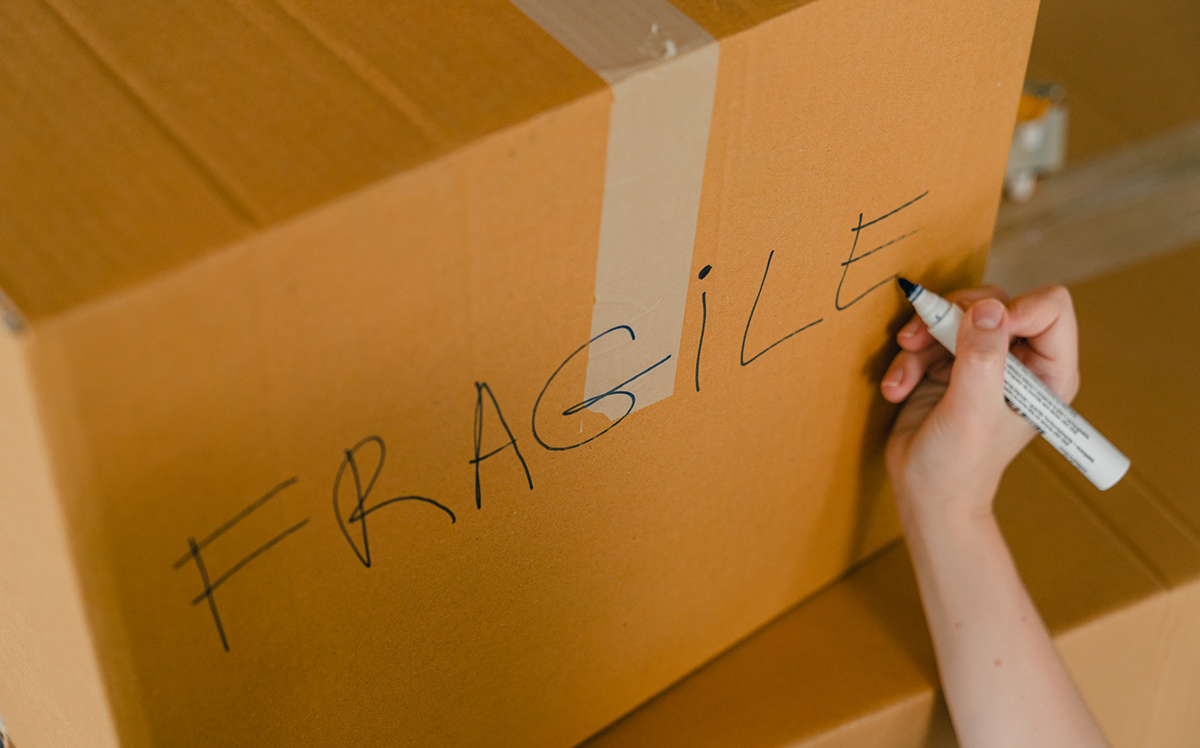Estate Planning can protect your assets… or can it, really?
Many people consider taking the costly and time-consuming step of estate planning in an attempt to protect their assets and ensure their legacy is properly managed.
Estate planning is usually done by experienced attorneys or through a cheaper alternative – online estate planning and digital will services.
The benefit of engaging experienced professionals is that they can plan your estate to suit your needs, asset types and family situation, and that, of course, comes with a hefty price tag.
The option of using online legacy management and estate planning services is much cheaper than engaging traditional estate attorneys, but often it cannot be personalized to the same extent as offline legal services.
Whichever of these two routes you take, you end up with an estate plan!
Great, isn’t it?
But still, while your attorney is listing your assets to be included in your estate plan or you’re completing the digital questionnaire for the online planning service, you probably start raising the valid question “What will happen with my estate plan when my assets change?”
Definitely a valid question! Because you thought briefly about how different your assets were 5 years ago. Since then, you have invested in an online trading platform, had this side hustle here, those stock options there, your investment portfolio, a digital wallet, probably some crypto, perhaps some angel investment or business ownership, not to mention new insurance policies, bank accounts, changes to pension and retirement plans … actually the list of changes just in the last 5 years becomes pretty scary!
So now you ask even more insistently, “What happens with my estate plan when my assets change?”
What will happen with my estate plan when my assets change?
The attorney will most certainly tell you that in the estate plan, you’ll include a “catch-all” phrase!
Voila!
But not so fast…
Let’s think twice about that. Even if you have the best estate plan with a “catch-all” phrase, will your loved ones know about all your new or updated assets that you’ve just listed in your head?
The answer unfortunately is – “Not exactly.”
Weaker protection when your assets change
Estate planning alone definitely cannot help in this case. We are living in a world where people’s assets change quite dynamically.
A static estate plan just can’t protect your assets in this dynamic world. As a result, your estate plan becomes outdated just a few years after you’ve created it and consequently serves little purpose in protecting your assets or ensuring your inheritance preferences.
Why was this not an issue in the past?
You may well ask, “But why was that not a problem in the past?”
The answer is simple. People several decades ago had very static asset catalogs which rarely changed.
Think about the 70s or the 80s: people had a bank account, life insurance, and real estate – for the most part. No crypto, no online trading or investment, no digital wallets.
And business ownership and angel investment were the privileges of only a few high net worth individuals. A very different picture from nowadays!
But can’t I just use an Excel sheet for my assets to complement my estate plan? I can easily update it?
Sure you can! You can create an Excel sheet or Google Sheet and share it with your loved ones.
That’s possible, but you need to think about one important question. Actually, a few important questions.
How easy will it be for your loved ones to remember this sheet for the next 30 or 40 years?
How complicated will your situation be if your children move to other states or even other countries when they grow up?
What if you don’t want to share all your assets just yet but only in the event of something happening to you?
What if you want to create a hierarchy of sharing, i.e., share the assets just with your partner and then, only if something happens to you and your partner together, share them with your siblings or other relatives?
You can see that Google Sheets simply can’t solve all of these problems. It’s definitely better than nothing, but it’s far from a guarantee that your loved ones will be able to identify your digital and financial assets and ultimately claim them.
Then how do you protect your digital and financial assets?
Digital legacy management services provide a great solution to that problem.
In addition to enabling you to securely catalog and update your digital assets, they are able to detect when a fatal event has happened to you. Upon detection, the digital legacy management service proactively notifies your loved ones who have been designated as heirs of the respective assets.
This way, your loved ones have the peace of mind that they’ll be proactively informed about the assets assigned to them and will be provided with all the necessary information such as important documents or encrypted access details, without the burden of remembering Google Sheets links or physical documents.
The digital legacy management service will enable them to identify and locate the assets and will provide essential information on how to access and claim them.
Digital legacy management services, such as DGLegacy®, provide many additional advantages, such as Digital Will creation, Family Accounts to jointly manage family assets with your loved ones, proactive monitoring, and notification in case of a security breach of any of your digital accounts which you’ve protected through DGLegacy.
And the best part? You can try it for free and see for yourself! 🙂




